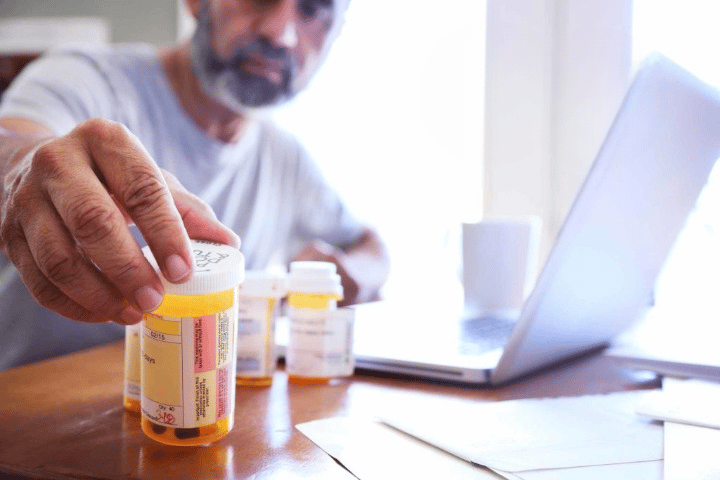Prescription drug use has been a major problem in the United States for the past several years. Prescription opioids in particular can be addictive if used and have been a leading factor behind the opioid epidemic in the United States. Unfortunately, because these drugs are prescribed by a doctor, many people assume they are harmless and have a harder time recognizing when they have become dependent on them. Without early intervention, this use could spiral out of control and that is often how people end up in our opioid addiction treatment center in Ohio. The sooner the use is recognized, the sooner the person can get help and also the easier it is to stop. One common warning sign of prescription drug use is doctor shopping.
What is Doctor Shopping?
Doctor shopping or sometimes called prescription shopping is when someone goes to multiple physicians in order to obtain more prescription drugs. People who become dependent on prescription drugs will often doctor shop in order to continue to fuel their addiction since medications from one physician is not enough.
Doctor Shopping Signs to Look For
Doctor shopping is often a sign of dependence and can be a warning sign of a more severe problem down the road that may require inpatient drug treatment. If you suspect that someone you care about is abusing prescription drugs, look for the warning signs of doctor shopping. Signs of doctor shopping include:
- Going to multiple doctors for no apparent medical reason
- Filling scripts at more than one pharmacy
- Crossing state or county lines to visit a doctor
- Having prescriptions for the same medications from various doctors
- Paying for medications in cash
- Lying about where they are going when they have an appointment
- Saying their medication got lost or was stolen
- Taking more medication than prescribed or finishing prescriptions early
Doctor Shopping Prevention
Because of the dangers of prescription drug use, states have enacted different laws to try to prevent doctor shopping and lower prescription drug use. Ohio doctor shopping regulations, for example, consist of specific opioid prescription guidelines including limits on opiate prescriptions for acute pain.1 Most states also have a prescription drug monitoring program, an electronic database that helps healthcare professionals track prescriptions for their patients and more easily spot signs of doctor shopping. Regardless of all these doctor shopping regulations, some people are still able to find loopholes. If you suspect someone you love is doctor shopping, try to get them help. Our Ohio drug rehab offers a variety of treatment programs so that they can stop relying on these medications.








